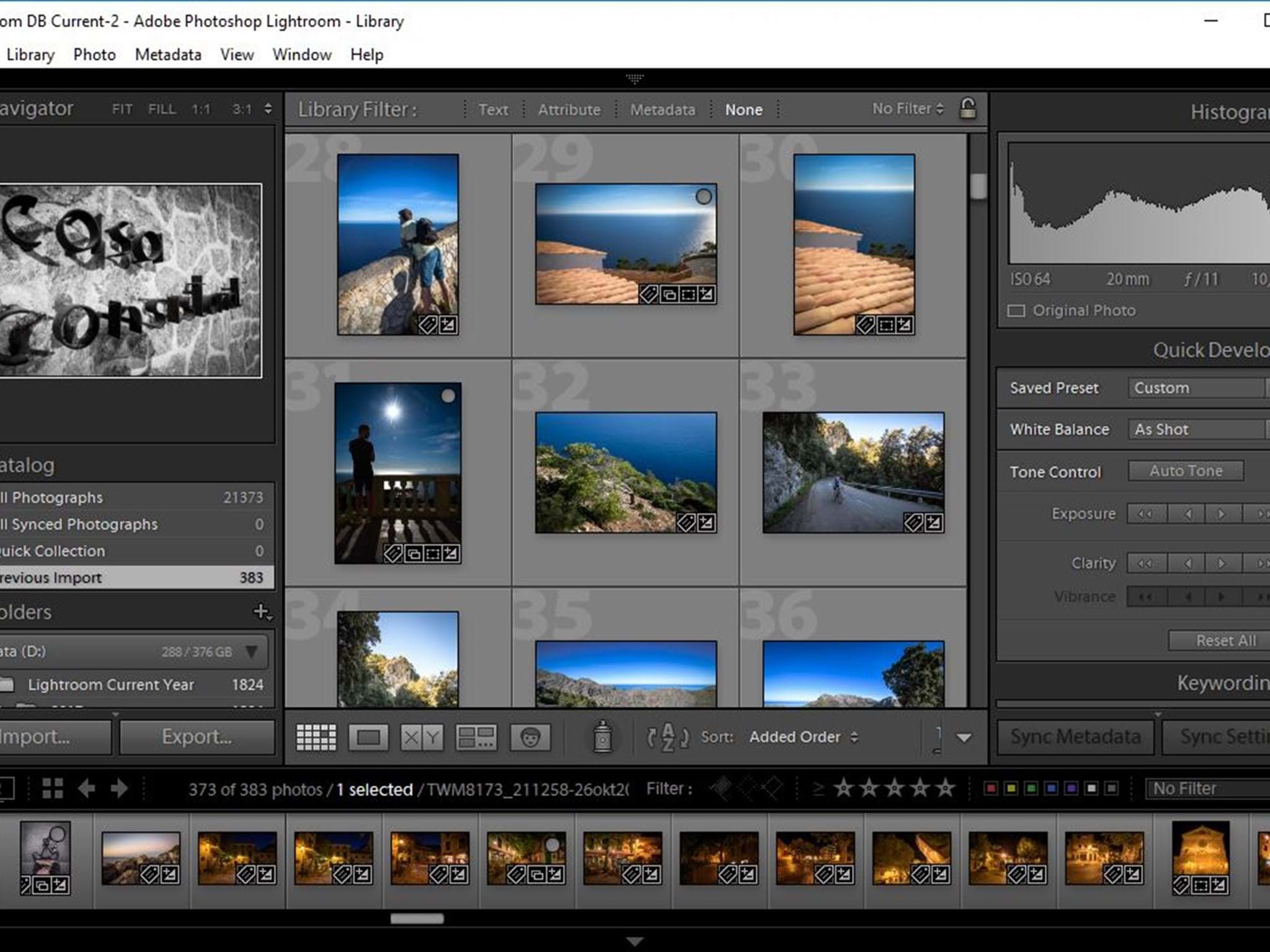Well, now it's here, but the strings Adobe attached with the product makes it a dead end for me, and here's why:
Obviously economics is playing a part. At 14$/month (price in Denmark) it does become substantially more expensive than the ~100$ I would pay every 2 or 3 years, when I upgraded my perpetual license.
Also, The whole Adobe tie-in problem with loosing editing access to my images if I stop paying the subscription, is of course a major problem as well - but even that's not really the worst part.
See, the symptoms of the real problem is this new "Classic CC" which they took almost 3 years to release. It might appear be all about performance, but it is in fact proof of several things I have feared for a long time - let me explain:
In Classic CC there's no major changes or complete code rewrites compared to the old lightroom CC / Lightroom 6 Standalone - apart from three things:
- The preview renderer/handling on import has been disabled and now relies on the camera built jpg in the RAW files. New previews are first rendered when you have made changes in editing, or manually elected to render a higher resolution preview. This allows for much faster handling at import and culling.
- The preview/import/export renderer has changed from a monolithic piece of code that could at best run 2-4 threads depending on the task, to a much more scalable modular solution that dispatches threads to use all your CPU cores, when several instances of the same task needs to be completed. This makes import and export as well as preview rendering substantially faster on modern high core count hardware. But it makes no performance difference on older and 2 core only hardware.
- It loads the different lightroom modules in the background, and have them cached and available in memory for a faster and more fluently module change experience.
The essential issue is these changes have been requested for at least 5 years (since LR4), and Adobe has put no development efforts towards this until now, when the pressure was just too loud, and Adobes longterm plans for Lightroom is still not really ready. These changes are in no way representative of what constitutes a proper new release or a fundamentally changed and improved piece of software/code. It is in fact only the absolute minimum effort needed to keep the software running for another couple of years, while appearing to listen to your customers. This is not something the lightroom development team have worked on for 2½ years, it's something made in a couple of months by a few of the devs, that made and knows all the old and slow code.
What happened to the remaining Lightroom development team and their work for the last 2½ year you might ask? Well, their efforts was directed at the new Lightroom CC - A completely new, built from the ground up, cloud centric product - that has nothing to do with the old well known lightroom.

